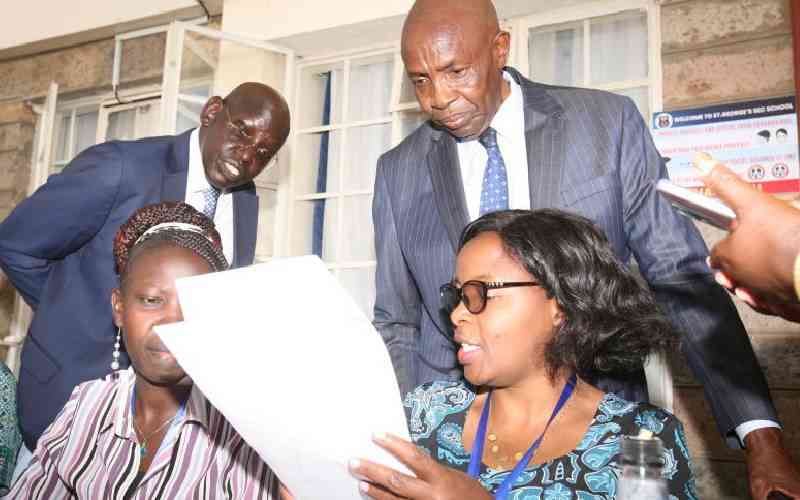×
The Standard e-Paper
Kenya’s Boldest Voice

It will no longer be automatic for students who score a grade of C+ and above to be sponsored by the government to pursue courses in universities and colleges.
All students will be required to make fresh applications requesting to be considered for government funding in a new proposed plan to address financial crisis in tertiary education.